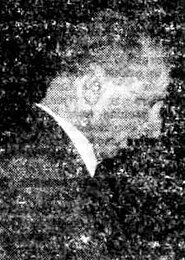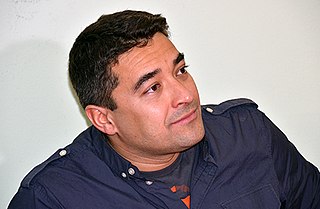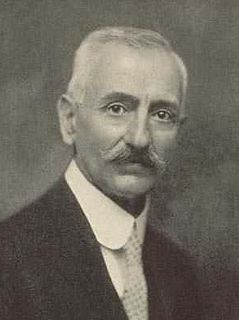 W
WSvetozar Ćorović was a Bosnia and Herzegovina novelist. In his books, he often wrote of life in Herzegovina and, more specifically, the city of Mostar. His brother was Vladimir Ćorović, a distinguished Serbian historian who was killed in 1941 during World War II in Greece.
 W
WVladimir Ćorović was a Serbian historian, university professor, author, and academic. His bibliography consists of more than 1000 works. Several of his books on the history of Serbs, Bosnia, Yugoslavia and Herzegovina uprising are considered to be definitive works on the subject.
 W
WOsman Đikić was a Balkan poet and dramatist. He was born in Bosnia and identified as an Serb Muslim. He is the author of several sevdalinka songs, including: Đaurko mila, Ašik ostah na te oči and Đela Fato đela zlato.
 W
WAvdo Humo was a Yugoslav and Bosnian communist politician, writer and an Order of the People's Hero recipient.
 W
WDragan Markovina is a Croatian historian, author and former president of the New Left Croatia party.
 W
WPredrag Matvejević was a Yugoslav writer and scholar. A literature scholar who taught at universities in Zagreb, Paris and Rome, he is best known for his 1987 non-fiction book Mediterranean: A Cultural Landscape, a seminal work of cultural history of the Mediterranean region which has been translated into more than 20 languages.
 W
WNino Raspudić is a Croatian conservative philosopher, writer and political analyst. He is a professor at the Faculty of Humanities and Social Sciences in Zagreb and the Faculty of Humanities in Mostar. He is a columnist for the Večernji list and Nezavisne novine, and is one of the editors of the Reflex, a political show on OBN Televizija.
 W
WAleksa Šantić was a poet from Bosnia and Herzegovina. A Herzegovinian Serb, his poetry reflecting both the urban culture of the region and the growing national awareness. The most common themes of his poems are social injustice, nostalgic love, suffering of the Serb people, and the unity of the South Slavs. He was the editor-in-chief of the magazine Zora (1896–1901). Šantić was one of the leading persons of Serbian literary and national movement in Mostar. In 1914 Šantić became a member of the Serbian Royal Academy.